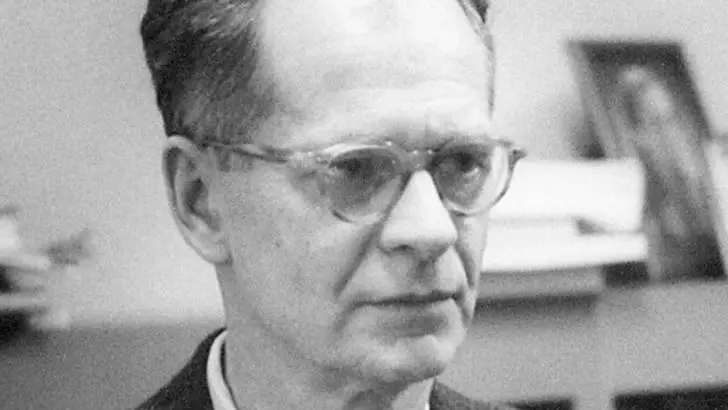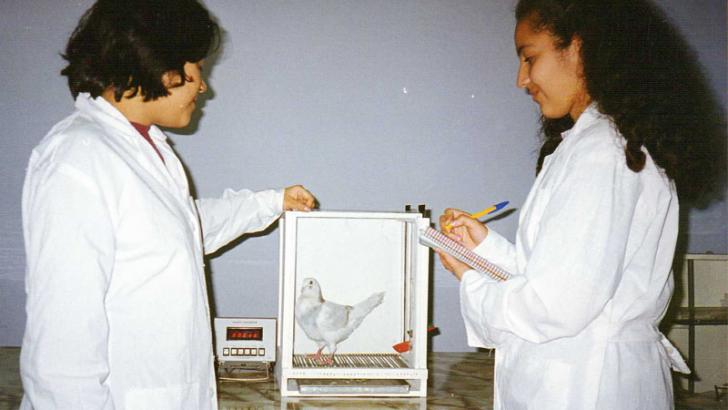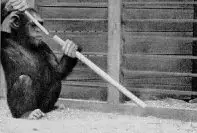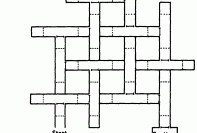Operant Conditioning is the term coined by B.F. Skinner in 1938. The term illustrates an understanding of complex human behavior without studying the internal mental thoughts and motivations. B.F. Skinner began his study on the subject matter as before the introduction of the theory of Operant Conditioning Learning the understanding of conditioning learning was simply limited to Classical Conditioning Learning in the past.
Skinner based his theory of conditioning learning on the pre-existent theory “Law of Effect” formulated by Edward Thorndike. Thorndike’s theory states that “responses that produce a satisfying effect in a particular situation become more likely to occur again in that situation, and responses that produce a discomforting effect become less likely to occur again in that situation.”
Based on Thorndike’s Law of Effect, Skinner proposed a similar theory by introducing a new term called “Operant” to explain all behaviors and responses produced by an organism when exposed to reinforcers and punishments.
Operant Conditioning Theory

Operant conditioning is a form of learning which explains the relation of behaviors on certain rewards and consequences. The study of the theory only deals with expressible behaviors and not any internal mental thoughts and brain mechanisms. The theory states how human behaviors are dependent on, or controlled by its rewards and consequences. Exact terms coined by the psychologist were “Reinforcements (Positive and Negative) and Punishments (Positive and Negative)”, which are two major concepts of Operant Conditioning.
How Operant Conditioning Works?

Operant conditioning is influenced by two major concepts Reinforcements and Punishments.
Reinforcements are the stimuli that increase the rate of behavior in an organism, whereas Punishments are the stimuli that decrease the rate of behavior in an organism. Both reinforcers and punishments have two different forms, whether positive or negative.
Applications (Examples) of Operant Conditioning
There are varieties of applications for operant conditioning. For instance, shaping a behavior of a child is influenced by the compliments, comments, guidance, encouragement, approval, and disapproval of his behavior. This phenomenon can also be termed as operant conditioning.
The way military students are subjected to strict punishments and routine also influence their behavior, and shape them to be a disciplined individual for the future.
Critical Evaluation
Operant conditioning is quite versatile when it comes to explaining wide variety of behaviors, processes of learning, language acquisition and much more. Some more practical application of the operant conditioning learning theory is its use in classrooms, prisons, psychiatric hospitals, and workplaces among much more.
However, the theory fails to take into account the internal mental thoughts and cognitive factors that influence learning, memory and behavior. This makes the effort to understand and explain the learning process in humans and animals incomplete.
For example, operant conditioning falls short when explaining the social learning theory of 1977 by Bandura, which suggests that humans can learn automatically through observation rather than personal experience.
Another criticism of the operant conditioning has been from the psychologists who argue that the theory cannot be generalized in humans by conducting studies on animals as their anatomy and physiology differs from humans.
Operant conditioning learning has always existed in the environment ever since the beginning of time. The theory of Skinner simply helped humans to understand the term and think about the new range of possibilities through this method.




